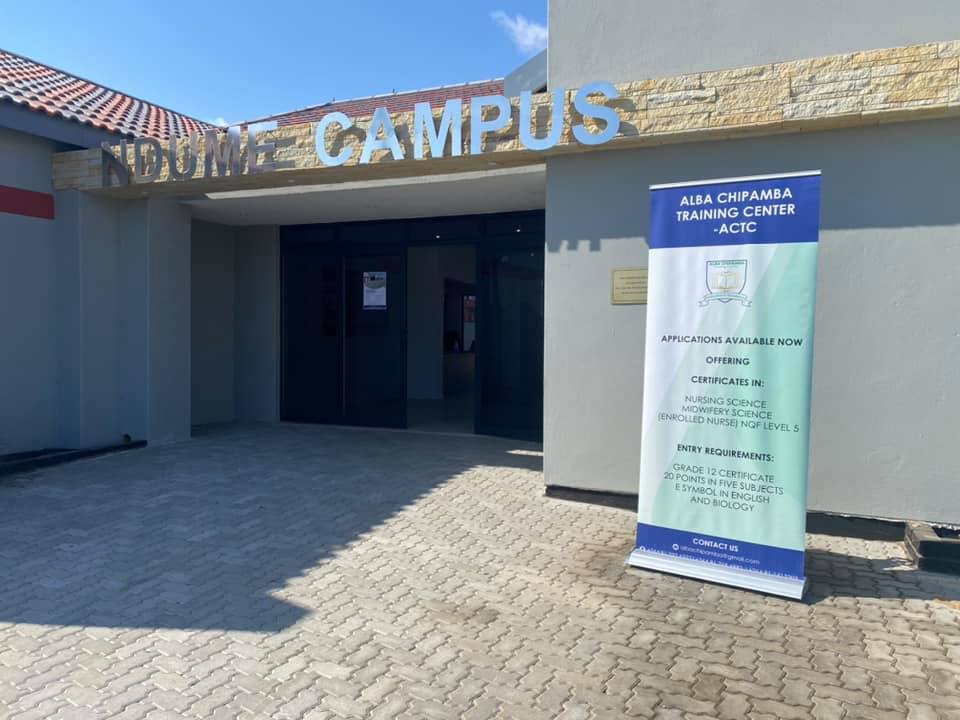Learning Japanese is a challenging but rewarding experience that requires a considerable investment of time and effort. The length of time it takes to learn Japanese will vary depending on several factors, such as your level of dedication, your natural aptitude for languages, your previous language learning experience, and the resources available to you.
In this article, we will explore some of the key factors that determine how long it takes to learn Japanese and provide some tips to help you along the way.
Read Also: How Old Do you have to Be to Work at Target
The Japanese Language: A Brief Overview
Japanese is a complex language with a unique writing system, complex grammar, and a rich vocabulary. It is spoken by over 128 million people, primarily in Japan, but also by Japanese communities in other countries such as the United States, Brazil, and Australia.
The Japanese writing system consists of three scripts: kanji (Chinese characters), hiragana, and katakana. Kanji is the most complex script, consisting of thousands of characters, many of which have multiple readings and meanings. Hiragana and katakana are phonetic scripts that are used to write Japanese words and foreign loanwords.
Japanese grammar is also complex, with a variety of particles, verb forms, and honorifics that can make it difficult for non-native speakers to master. Additionally, Japanese pronunciation can be challenging for English speakers, as it includes sounds that do not exist in English, such as the “tsu” sound and the elongated vowels.
Factors That Determine How Long It Takes to Learn Japanese
Read Also: How Old Do you have to Be to Work at Walmart
-
Your level of dedication
One of the most important factors that determine how long it takes to learn Japanese is your level of dedication. Learning a new language requires consistent effort and practice over an extended period. If you are committed to learning Japanese and willing to put in the time and effort required, you are more likely to make progress quickly.EarlyFinder
-
Your natural aptitude for languages
Some people have a natural aptitude for learning languages, which can make it easier for them to pick up Japanese. If you have learned other languages before or have a talent for language learning, you may find that you can learn Japanese more quickly than others.
-
Your previous language learning experience
If you have learned other languages before, you may find that you can apply some of the skills and strategies you used in those languages to learning Japanese. For example, if you learned a language with a complex grammar system, such as German or Russian, you may be better equipped to tackle the challenges of Japanese grammar.
Read Also: How to Add a Review on Shein App
-
Resources available to you
The resources you have available to learn Japanese can also impact how long it takes you to become proficient in the language. If you have access to high-quality textbooks, audio materials, and native speakers to practice with, you may be able to learn Japanese more quickly than if you rely solely on free online resources.
Tips for Learning Japanese
-
Set realistic goals
To stay motivated and make progress in your Japanese learning journey, it’s important to set realistic goals for yourself. Break down your learning objectives into smaller, achievable tasks, such as learning a new set of kanji or memorizing a specific grammar point. Celebrate your progress along the way to stay motivated.
-
Practice regularly
Consistent practice is key to learning Japanese. Try to practice a little bit every day, whether it’s studying vocabulary, reading Japanese texts, or practicing conversation with a native speaker. Even a few minutes of practice each day can help you make steady progress.
Read Also: How to Send Someone Your Shein Cart
-
Use a variety of resources
Learning Japanese requires exposure to a variety of materials and resources. Try to use a combination of textbooks, audio materials, online resources, and practice with native speakers to get a well-rounded education in the language.
-
Immerse yourself in the language
Immersing yourself in the Japanese language can help you learn more quickly and effectively. Try to incorporate Japanese into your daily life as much as possible. Watch Japanese TV shows, listen to Japanese music, read Japanese news articles, and practice speaking with Japanese friends or language exchange partners.
-
Join a language class or find a tutor
Joining a language class or finding a tutor can be a great way to learn Japanese. A good teacher can provide you with structured lessons, feedback on your progress, and opportunities to practice with other learners. Additionally, a tutor or language exchange partner can give you personalized attention and help you work on specific areas where you may be struggling.
-
Be patient and persistent
Learning Japanese is a marathon, not a sprint. It will take time and effort to reach your language learning goals. Be patient with yourself, and don’t get discouraged if you don’t make progress as quickly as you would like. Remember that language learning is a process, and every step you take is a step in the right direction.
Read Also: How to Use Apple Pay on Shein
Conclusion
In conclusion, how long it takes to learn Japanese depends on a variety of factors, such as your level of dedication, a natural aptitude for languages, previous language learning experience, and resources available to you. However, by setting realistic goals, practicing regularly, using a variety of resources, immersing yourself in the language, finding a good teacher or tutor, and being patient and persistent, you can make steady progress in your Japanese learning journey.
Learning Japanese can be a challenging but rewarding experience. By taking the time to learn the language, you will gain a deeper understanding of Japanese culture and society, and open up new opportunities for personal and professional growth. So, if you’re interested in learning Japanese, don’t be afraid to take the plunge and start your language-learning journey today.
Share This Post:





